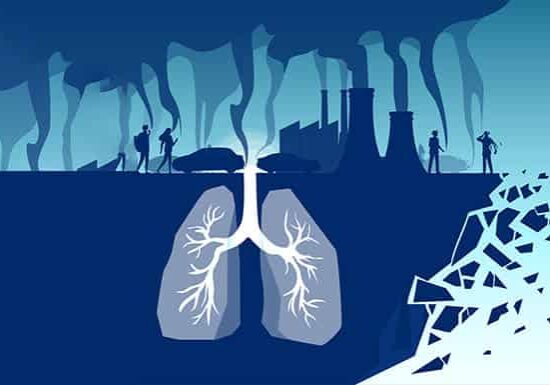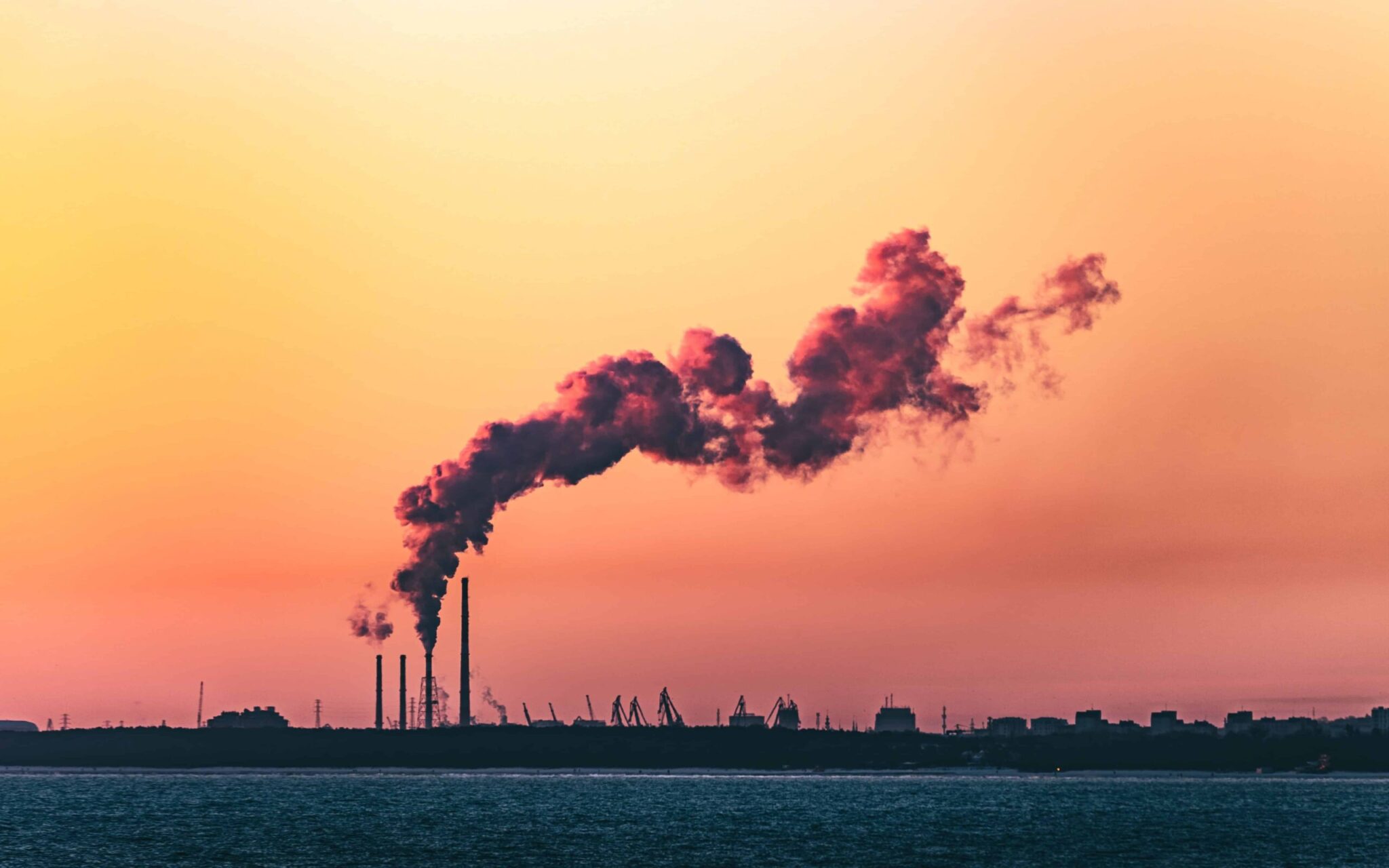Human Health Crisis and Climate Change are Interlinked
Updated: August 17, 2022
Published: April 6, 2022

There’s been an ongoing debate about the existence and reality of climate change and whether or not humans have an impact on it. While the notion of climate change has been debated politically, its effects are evident. Every person has a stake in climate change because climate change and health crisis go together.
In this article, we will take a look at climate change and global health, and the connection between the two. But, before we jump into the research-based findings in the area, let us define what climate change means.
What is Climate Change?
Climate change is defined by the United Nations as, “long-term shifts in temperatures and weather patterns.” Climate change naturally occurs due to variations in the solar cycle and other events. Combined with natural events, climate change is affected by human activities like burning fossil fuels for energy.
Greenhouse gas emissions include carbon dioxide (which is a byproduct of gas from a car or coal used to heat a building) and methane (which come from landfills).
As fossil fuels burn, greenhouse gas emissions invade the air that surrounds the earth. In effect, the sun’s heat is said to get trapped, which results in warmer temperatures on the planet.

How Climate Change and Global Health are Linked
As the earth heats up, global warming’s effects on health can be witnessed and felt. Let’s take a look at why many scientists and researchers are pointing their fingers at global warming with regard to the global health crisis.
Agriculture/Food Supply
When you think of climate change, you likely first think of hot weather and how that would be uncomfortable to live with. But, the extreme heat can have detrimental effects on crops, in turn, greatly affecting the world’s supply of food. A meta-analysis of crop yield under climate change published by A.J. Challinor, et. al., expressed that climate change could cause crop yields to decline by 10% on average or more through the 2050s. Along with the decline of crop yields, carbon dioxide concentrationsnegatively impact the micronutrient content in the crops that survive.
At the same time, higher temperatures may result in more flooding, which can transmit food and waterborne illnesses and incidences of mosquito-borne diseases that tend to inflate around bodies of water.
Record Heat
Record heat can cause heat stroke and death. Globalchange.gov shared their Climate and Health Assessment that states that populations who are more vulnerable to weather changes, such as the elderly, children, and disadvantaged groups are going to be more likely to suffer from extreme temperatures. When temperatures are hotter than normal or colder than what people are used to, one’s ability for their body to regulate temperature properly can face trouble and result in health complications, increased levels of illness, and even death. The effects of extreme temperature are also known to further exacerbate existing conditions like cardiovascular disease, diabetes-related conditions, and respiratory diseases, as the source cited above explains.
Wildfires and Toxic Smoke
The New England Journal of Medicine distributed a special report entitled “Wildfires, Global Climate Change, and Human Health,” which points to the increased occurrences of several large wildfires that are of unprecedented “scale and duration.” Think of Australia in 2019 and 2020 or the Amazon rainforest in Brazil during the same years. Between august and September 2020, wildfires had burned 2.7 million hectares just along the Western Coast of the United States. Wildfires don’t only leave people homeless and cause death, but they also affect the animal population and ecosystem. Furthermore, populations are exposed to toxic smoke, which has negative health outcomes in the near and long-term. Last but not least, the mental health effects of the trauma from losing everything or people in a wildfire is also worth noting when discussing the global health crisis.
Pollution
Burning fossil fuels causes the emission of greenhouse gasses, which are a pollutant in the air. According to a study published by PNAS in 2019, researchers assessed the effects of air pollution and greenhouse gasses on public health using a global atmospheric chemistry-climate model with air pollution exposure functions. The findings are heavy: they concluded that “fossil-fuel-related emissions account for about 65% of the excess mortality rate attributable to air pollution, and 70% of the climate cooling by anthropogenic aerosols.” Restoring rainfall patterns and limited global warming to 2º celsius could help to save millions of lives, per the source.
Infectious Diseases
Due to climate change, infectious diseases may spread more rapidly. Many animals change their migration patterns due to the weather and the food sources that are available to them. In effect, vector borne diseases, such as those from ticks, fleas, and mosquitos shift, too. Mosquitoes and biting insects cause infectious diseases like malaria, West Nile virus, and dengue fever, to name a few. As the planet warms up, these insects follow the herds and find ways to adapt to new temperatures. This results in different human populations suffering the risk of being infected.
World Health Organization and Climate Change Initiatives
For the World Health Organization, climate change has ushered in the need for action. The World Health Organization (WHO) works on creating policies and plans to reduce greenhouse emissions. To combat climate change and health crises that follow, WHO partners with other agencies within the United Nations, monitors science and evidence, helps countries promote initiatives to protect human health from climate change, and builds capacity to reduce health vulnerability.

Where You Stand: Climate Change and Global Health
Even though climate change has become a topic of debate, the evidence and research (some of which has been cited throughout this blog) clearly lays out how the world’s changing temperatures are affecting global health. As such, it’s important to take note of the small actions that you take every day which have an effect on the world and its rising temperatures.
Even if it doesn’t seem like much or that it will change anything, if every human does at least one thing a day to reduce their carbon footprint, the world’s population can help to make a positive difference on climate change and health crisis.
